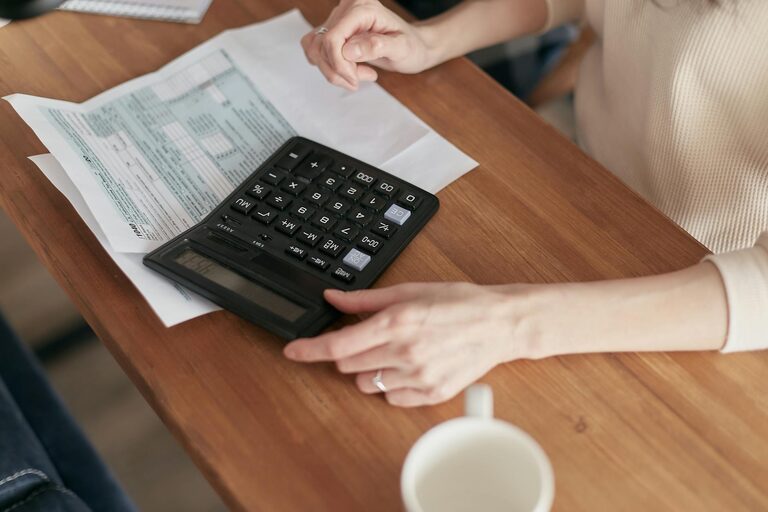Managing your personal finances doesn’t have to be complicated. Building simple, consistent budget habits can make a big difference in your day-to-day life and help you achieve your financial goals. Whether you’re a student, a busy professional, or managing a family budget, these easy-to-follow tips will guide you toward smarter spending and more savings.
Why Simple Budget Habits Matter
Budgeting often gets a bad reputation for being restrictive or overwhelming. But in reality, simple habits can take the stress out of money management. When you develop steady routines, you gain control over your finances, reduce unnecessary expenses, and create space for savings—all without feeling deprived.
Start With a Clear Picture of Your Finances
Before you make any changes, it’s important to understand where your money is going.
Track Your Spending
– Use a notebook, app, or spreadsheet to write down everything you spend for a month.
– Group your expenses into categories like groceries, transportation, entertainment, and bills.
– Review your list to see patterns or surprise expenses.
Set Manageable Goals
– Decide what you want to achieve: saving for a vacation, paying off debt, or creating an emergency fund.
– Break big goals into smaller, realistic steps to stay motivated.
Simple Budgeting Habits to Try
1. Create a Realistic Monthly Budget
– Based on your tracked expenses, allocate specific amounts for each category.
– Include a category for savings—even if it’s a small amount.
– Stick to your budget, but allow some flexibility for unexpected expenses.
2. Use the 50/30/20 Rule
This simple rule divides your income into:
– 50% for needs (housing, utilities, food)
– 30% for wants (dining out, hobbies, entertainment)
– 20% for savings and debt repayment
It’s a helpful guideline to keep your spending balanced.
3. Automate Savings
– Set up automatic transfers to your savings account right after payday.
– Automating savings reduces the temptation to spend and builds your fund over time.
4. Plan Your Meals and Grocery Shopping
– Planning meals for the week helps you avoid last-minute takeout or expensive food choices.
– Make a grocery list and stick to it to avoid impulse buys.
– Buying in bulk and choosing seasonal produce can also lower costs.
5. Limit Impulse Purchases
– Wait 24 hours before buying non-essential items.
– This ‘cooling off’ period often helps you decide if you really need the item.
– Unsubscribe from promotional emails or avoid window shopping online to reduce temptation.
6. Review Subscriptions and Recurring Charges
– Check your bank statements for subscriptions or services you no longer use.
– Cancel anything unnecessary to save money each month.
7. Use Cash for Discretionary Spending
– Withdraw a set amount of cash weekly for personal spending.
– When the cash runs out, avoid using cards for extras.
– This physical limit helps control overspending.
Tips to Stay Motivated
Celebrate Small Wins
Every time you stick to your budget or save a set amount, acknowledge your achievement. Small celebrations encourage ongoing success.
Share Your Goals With a Friend
Talking about your budgeting goals with someone supportive can keep you accountable and motivated.
Keep Learning
– Read blogs, listen to podcasts, or watch videos on personal finance.
– The more you know, the easier it becomes to make smart financial choices.
When to Adjust Your Budget
Life changes, and your budget should too. If your income grows, expenses shift, or you meet a savings goal, revisit your budget. Flexibility ensures your plan stays realistic and achievable.
Final Thoughts
Building simple budget habits is a powerful way to improve your financial well-being. By tracking spending, setting clear goals, and practicing mindful habits like planning meals and limiting impulse buys, you can take control of your money with less stress. Remember, consistency is key. Start small, stay patient, and watch your financial confidence grow.
With these easy steps, everyday budgeting becomes a helpful tool, not a burden. You’ll find yourself saving more, spending wisely, and feeling more secure in your financial future. Happy budgeting!

